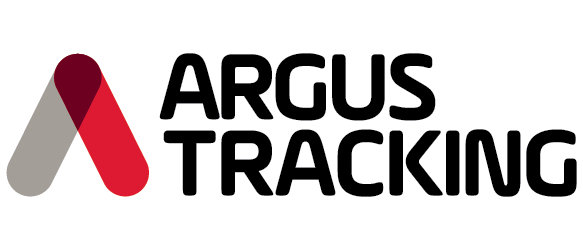In 2023, Kiwi businesses are facing a tough reality: petrol prices have hit unprecedented highs in New Zealand. As costs continue to rise, it’s more important than ever for companies to find smart strategies to cut down on fuel consumption and protect their bottom line.
Imagine being able to reduce your fuel usage by up to 29%. In this blog post, we delve into the advantages of fuel optimisation and shed light on the potential pitfalls of guzzling too much petrol. Discover how implementing a solution like our Fuel Watch feature can help you manage your fuel usage efficiently and mitigate associated risks.
Petrol Savings that Make a Difference
Cutting down fuel consumption can make a real impact on your business in several ways.
Financial Savings: Less petrol burned means more dollars saved. For ever kilometer your vehicles cover, you’ll be spending less at the service station - a big deal considering the current high petrol prices.
Reduced Operational Costs: Covering fewer kilometers equals less maintenance and less wear and tear for your fleet vehicles. This adds up to an overall reduction in operational costs.
Minimised Risk on the Road: More kilometers mean a higher chance of accidents. Managing accident-related paperwork and potential insurance claims takes time and resources. By cutting down on kilometers driven, you’re minimising accident risks and the headaches that come with them.
Environmental Benefits: Cutting back on petrol consumption directly contributes to a decrease in CO2 emissions. As your fleet’s carbon footprint shrinks, your company showcases a commitment to sustainability and environmental responsibility.
Risks of Excessive Petrol Consumption
Unfortunately, with escalating fuel prices, expecting reduced vehicle usage is wishful thinking. Be ready for employees to lean more on company vehicles to offset personal petrol expenses. Consider the potential risks in this scenario:
Accident-Related Costs: More time on the road increases the chances of accidents. Handling accident-related expenses, including lost productivity and administrative hassles, can hit your business hard, ranging from 6 to 30 times the excess cost.
Insurance Coverage: It’s vital that your insurance policy covers personal use of company vehicles. Many businesses are surprised to find gaps in coverage, especially in the service industry.
Fuel Fraud: Unfortunately, fuel fraud is a reality for many businesses. Unauthorised petrol use or sharing company petrol cards with family members can lead to substantial losses.
Increased Wear and Tear: More kilometers mean more wear and tear on your vehicles, resulting in higher maintenance and servicing needs, increased Road User Charges (RUCs), and higher lease costs.
Fringe Benefits Tax (FBT) Risk: Employees using company vehicles for personal use might put you at risk of Fringe Benefit Tax obligations. Managing FBT, including potential penalties, can be a headache.
The Solution?
To tackle these challenges, you need a friendly and comprehensive solution that empowers efficient fuel management. Enter Argus Tracking’s Fuel Watch feature - a cost-effective answer to your fleet’s petrol optimisation needs.
Take the first step toward effective petrol management by reaching out to our team of experts today. Ask about Fuel Watch and discover how it can revamp your fleet’s petrol usage, ramp up cost savings, and shield your business from potential risks.



